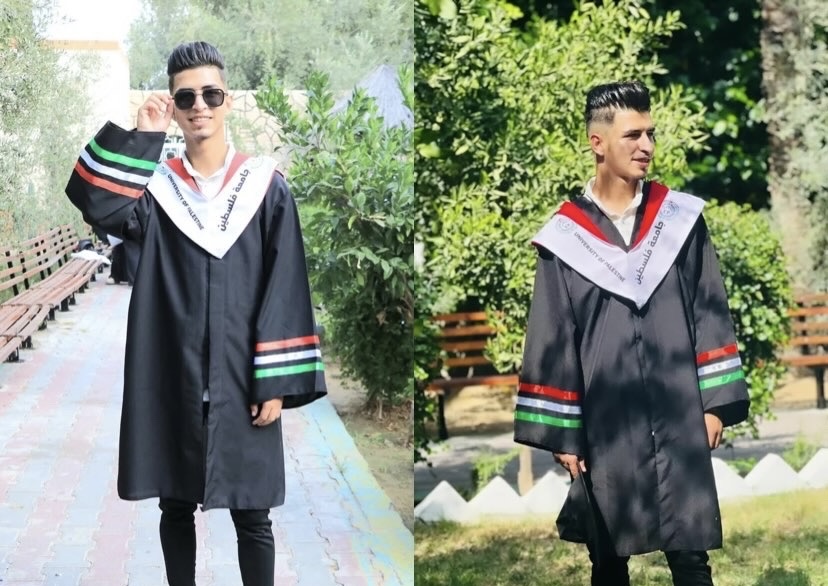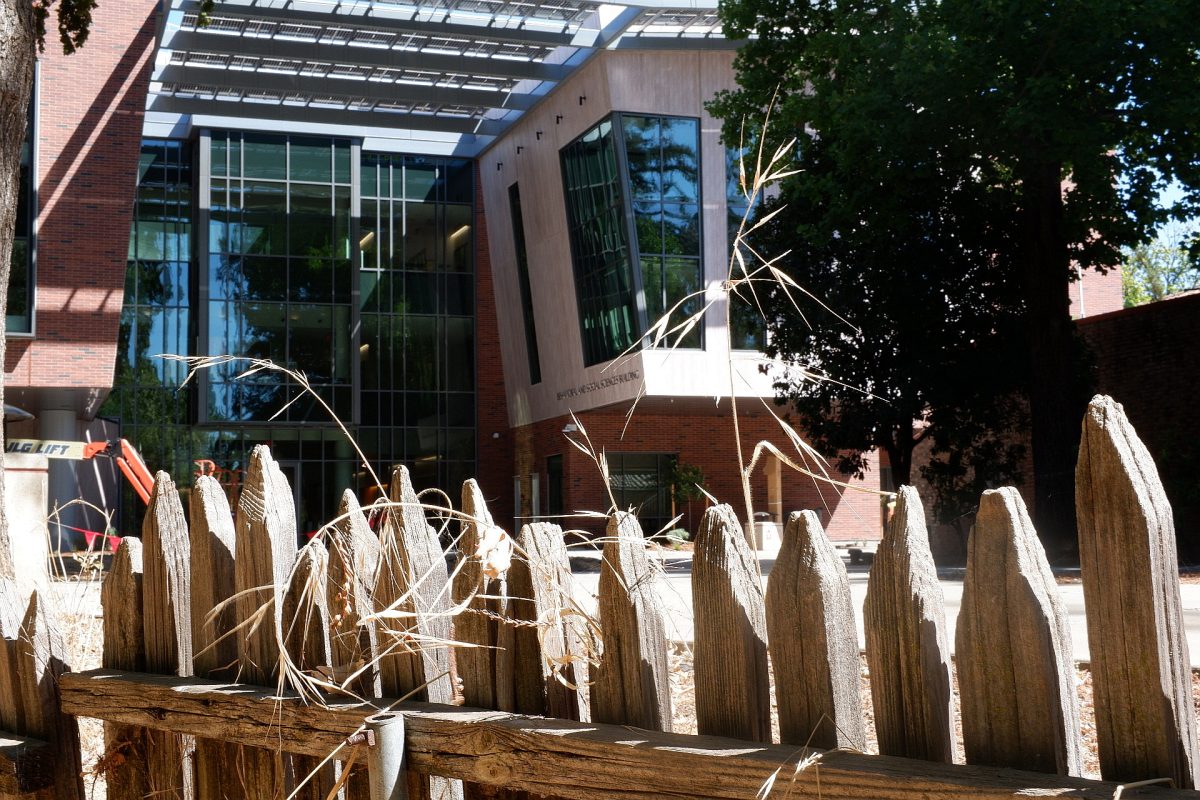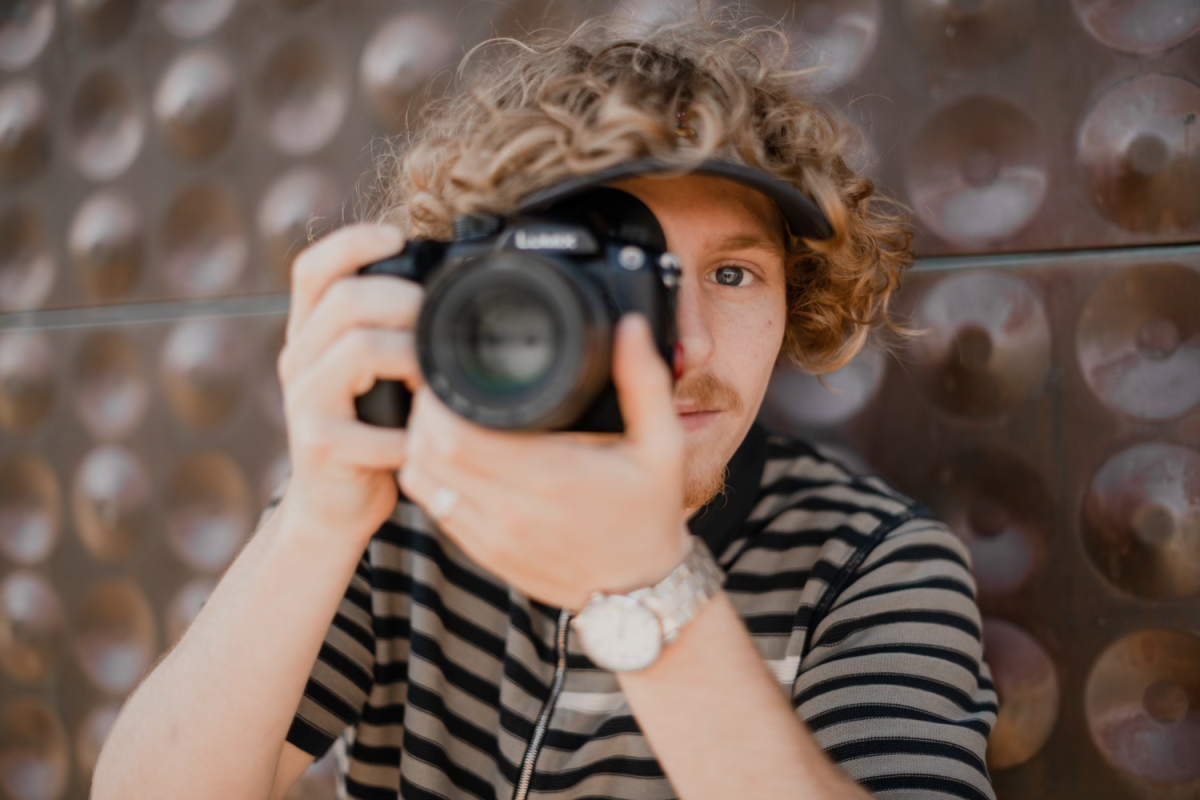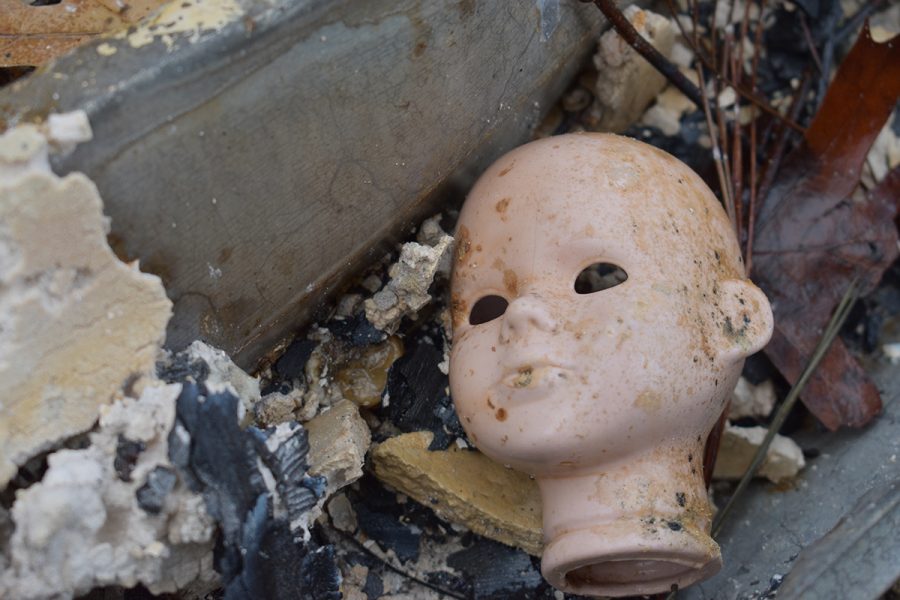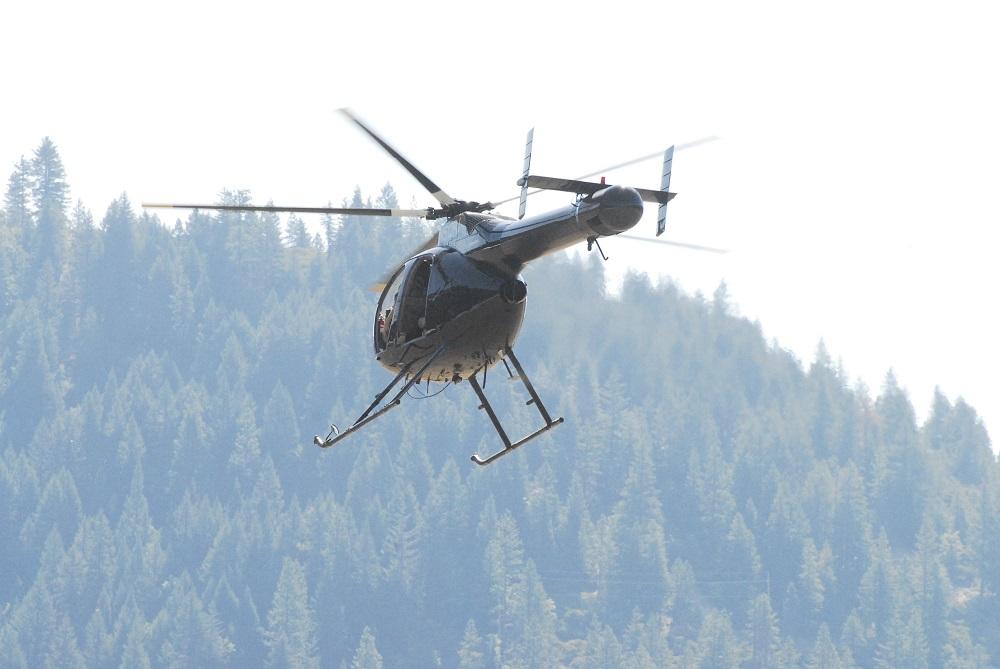
The Human Identification Laboratory is one of Chico State’s hidden gems, described by many of its graduate students as “underground.” Evidence from all over California is brought to the lab in the Plumas Hall courtyard.
The forensic anthropology program is run by Patrick Willey, Eric Bartelink and Colleen Milligan.
Milligan is used to getting calls at all hours from law enforcement to come help with investigations. She taught at Michigan State before coming to Chico State in fall 2010.
Chico State is one of the few schools in California with an emphasis in forensic anthropology, she said. Milligan teaches classes such as physical anthropology, forensic science and human identification.
“It’s nice to work as a professional in the field in addition to being a teacher,” she said.
Rebecca George, a second year anthropology graduate student, was drawn to Chico State’s anthropology graduate program because of the faculty and opportunities for work in the field and the lab, George said. The forensics team works on cases all over California and in southern Oregon and Nevada.
Her favorite thing is working on recoveries out in the field, because she gets the opportunity to test her knowledge, she said.
“We usually rotate skills, so everyone gets a chance at something,” she said.
Janet Finlayson, a third-year anthropology graduate student, remembers her first time being thrown out into the field very vividly, she said. It was her fourth day at Chico State, and she had to take a helicopter to the investigation site in the mountains. It was too hot, so the helicopter malfunctioned.
“We got sucked down by a jet stream,” she said.
The lab has exciting new equipment including photography technology that overlaps images to match things like facial features, she said. The archaeology lab, which is shared by archaeology and anthropology students, also recently received an X-ray fluorescence machine that can compare things like two sets of bones found at the same gravesite.
The technology in the Human Identification Lab doesn’t compare to shows like “CSI: Crime Scene Investigation” and “Bones,” which misrepresent the forensic anthropology field, said Derek Boyd, a first year anthropology graduate student.
“It does increase awareness that we do exist,” he said. “It takes a lot of hard work and practice. We don’t have 3-D holograms or any of that.”
On Boyd’s first time out in the field, seeing dead bodies was difficult, but now it’s just part of the job for him to identify individuals, he said.
“They are always going to be people,” Boyd said. “They have unique histories. You can’t forget they are humans, but you have to be objective so you can analyze what you see.”
Julia Prince, a second-year anthropology graduate student, changed majors five times before settling on anthropology, which encompasses many of her interests.
Although the average person would probably find working in the lab tedious, she finds it rewarding, Prince said.
“It combines all of these social sciences that I really love,” she said.
There is always something being examined in the Human Identification Lab, Prince said.
“Occasionally you can get a whiff from Butte Station,” she said. “Our vent goes right there.”
Prince’s dream job is to work for the Joint POW/MIA Accounting Command and recover missing POW or MIA soldiers from past wars.
Aoife Kilmartin, a second-year anthropology graduate student, came from New York for Chico State’s anthropology graduate program.
Her advisers at Binghamton University said it was the best, Kilmartin said.
The program at Chico State gives freedom outside of forensics and incorporates many different fields, she said. The faculty are all very approachable as well.
Kilmartin enjoys the outdoor aspect in the job and jumps at every chance she gets to work in the field, she said. Recently, she worked at the top of mountains in Placer County, California and that was very memorable.
“Despite usually under grim circumstances, we make the best of it,” she said. “It’s a dark situation, but you’ve gotta look past it for the greater good.”
Risa Johnson can be reached at [email protected] or @risapisa on Twitter.



